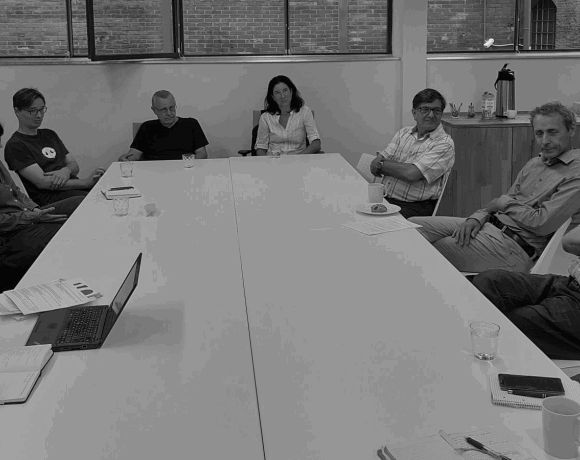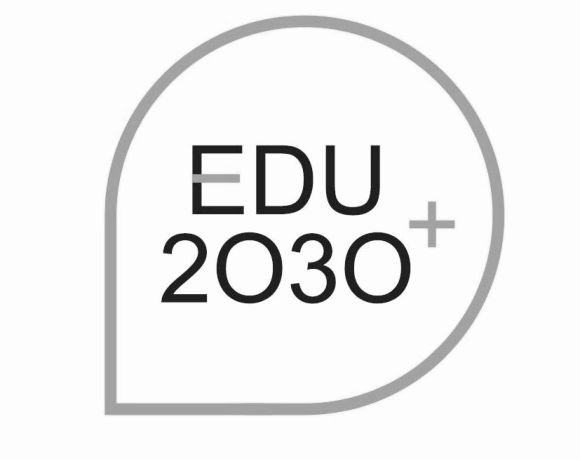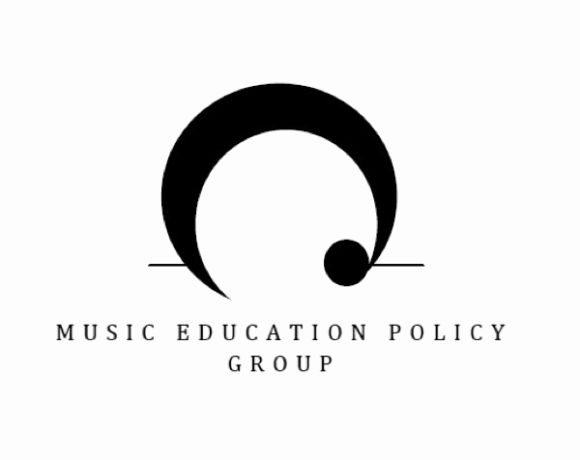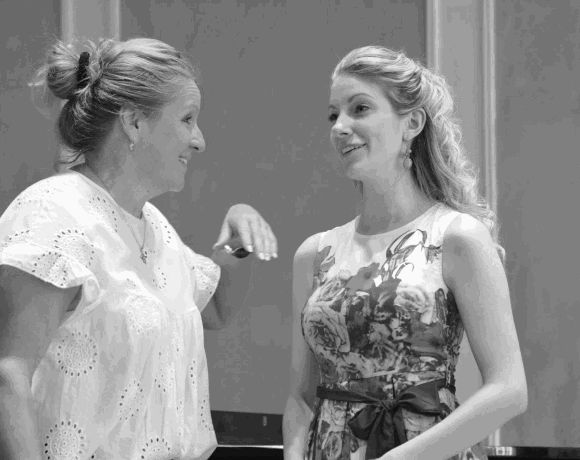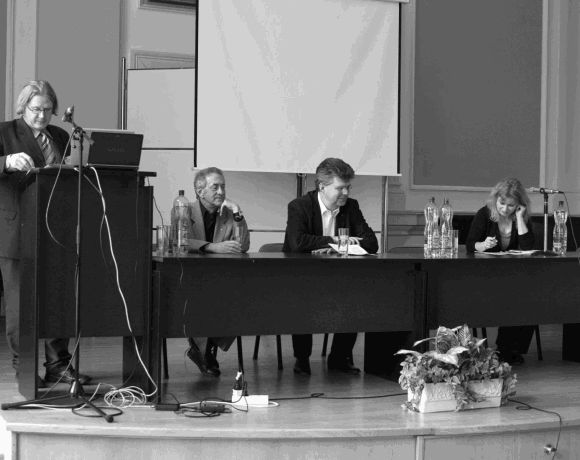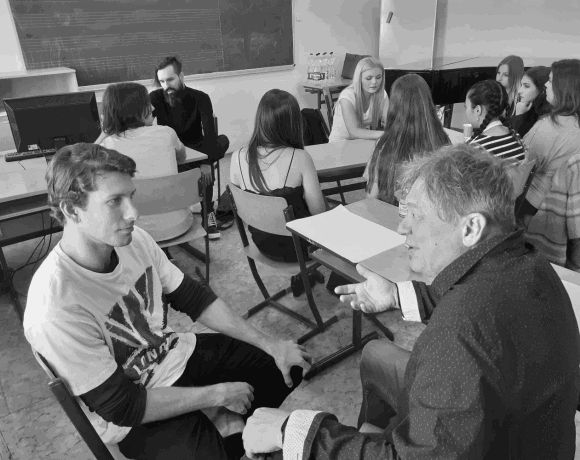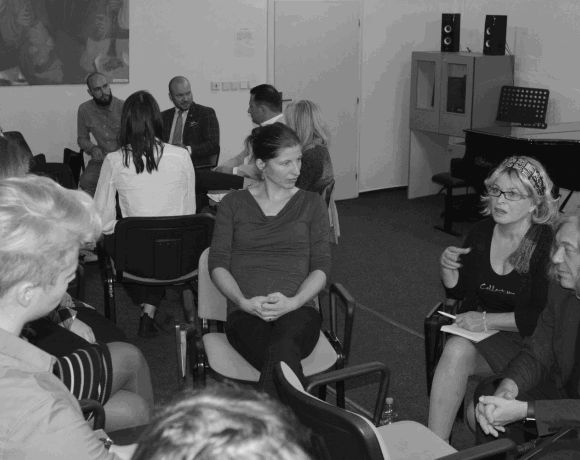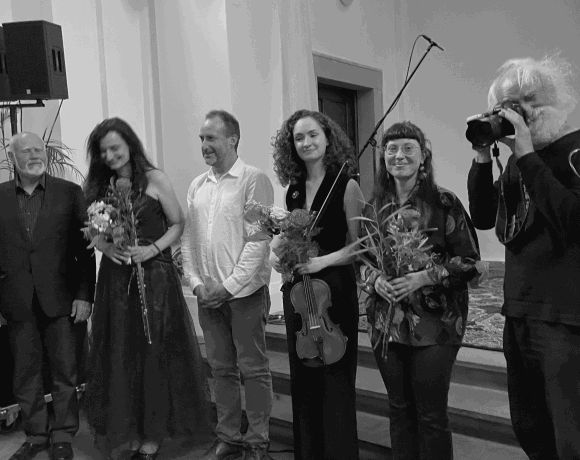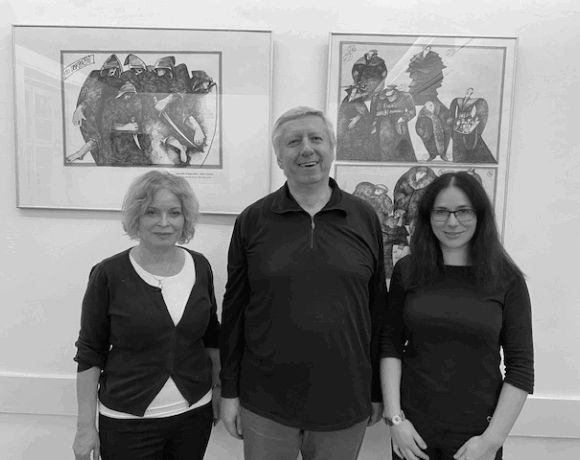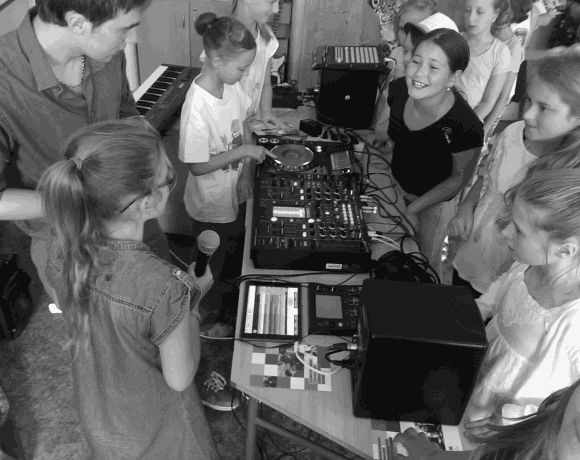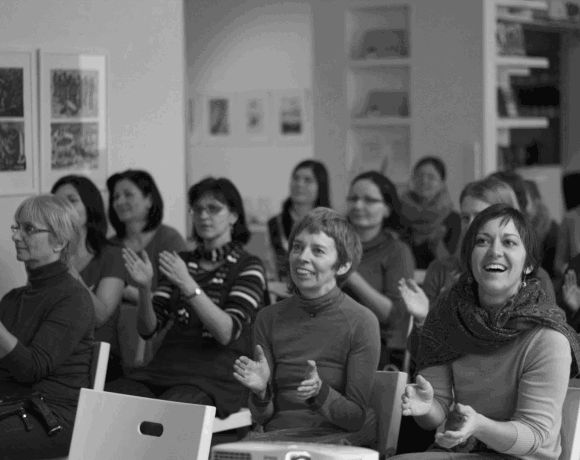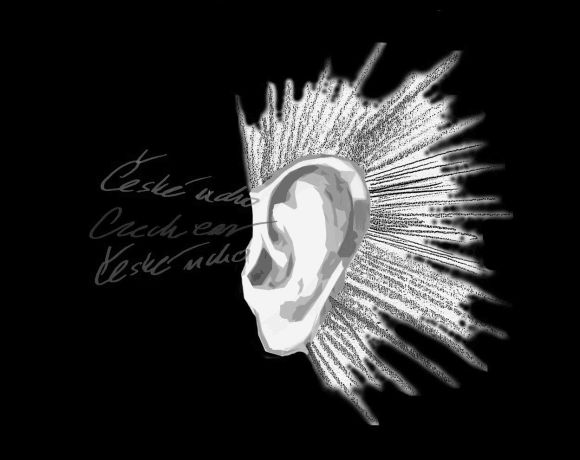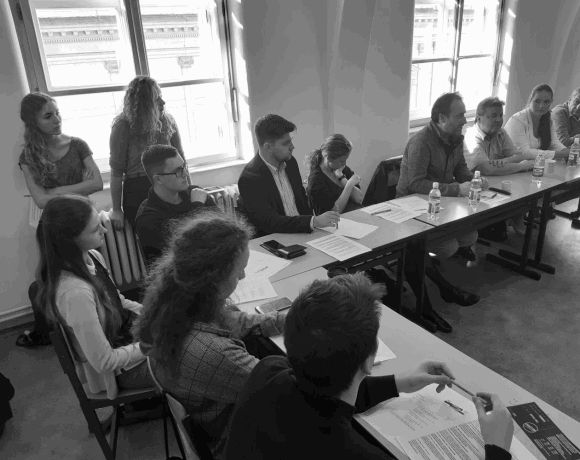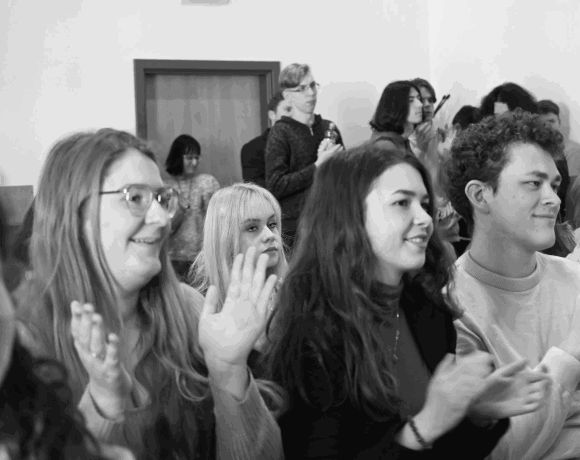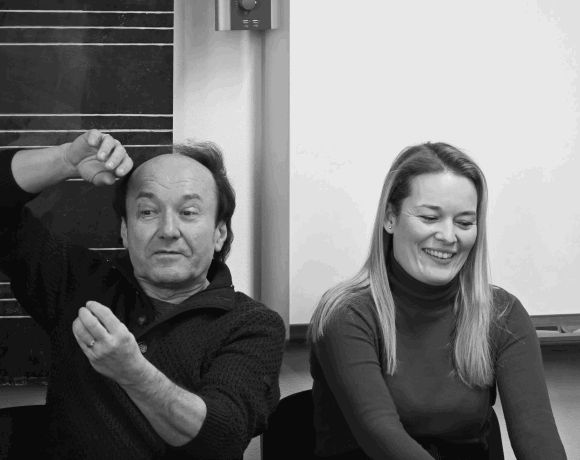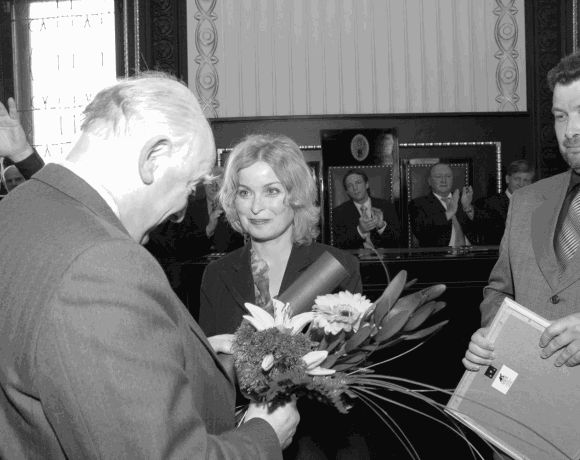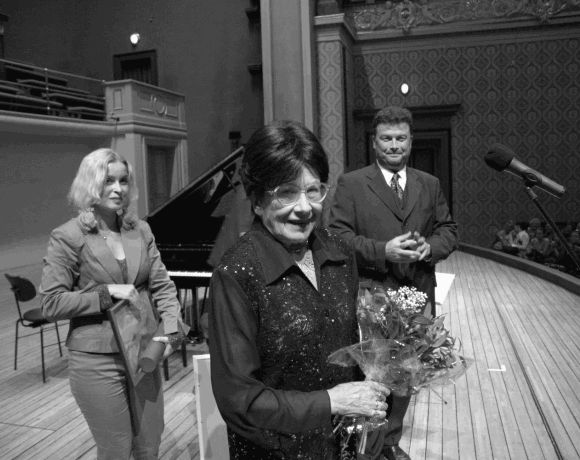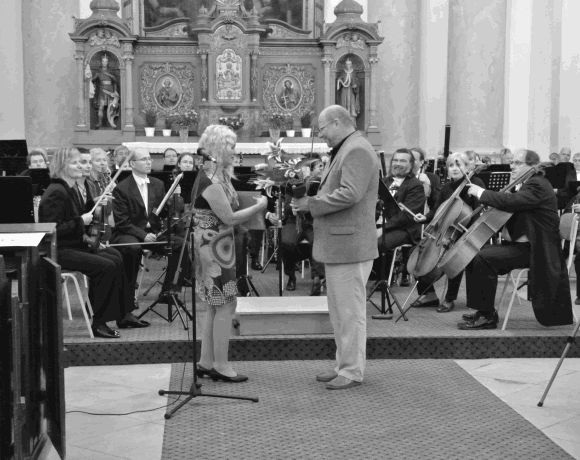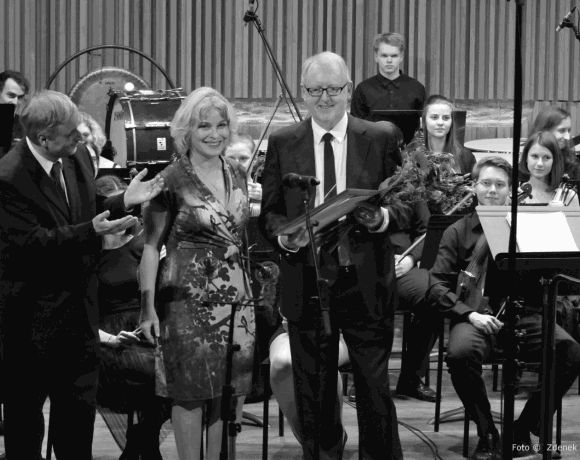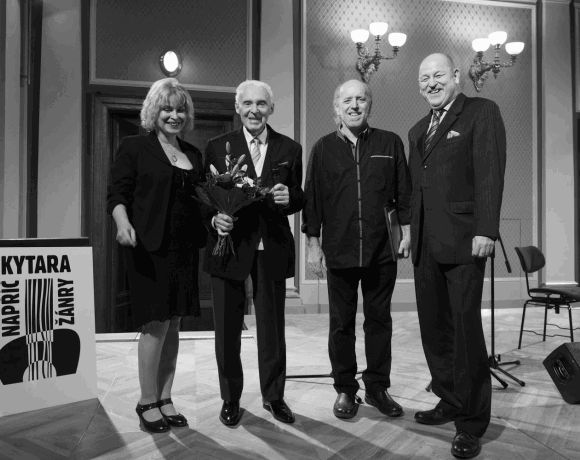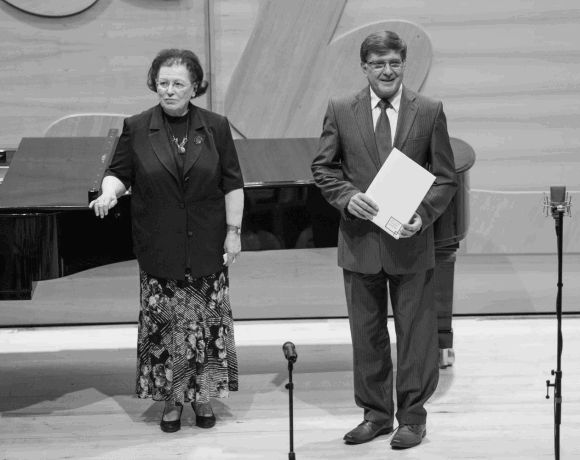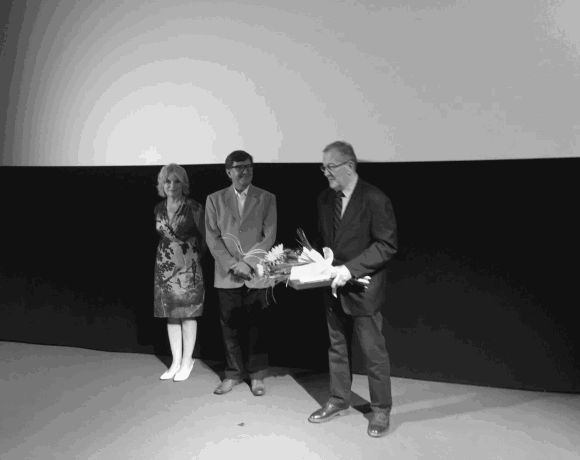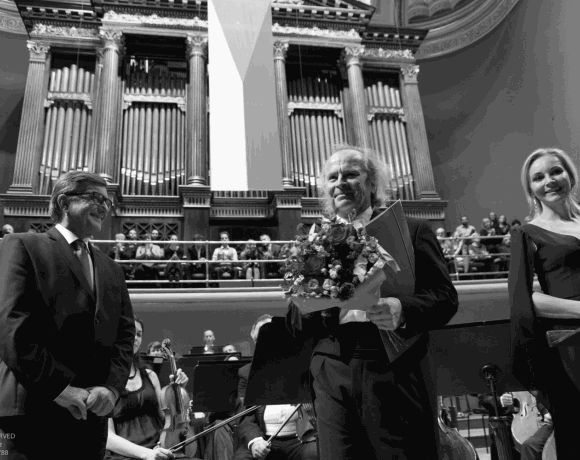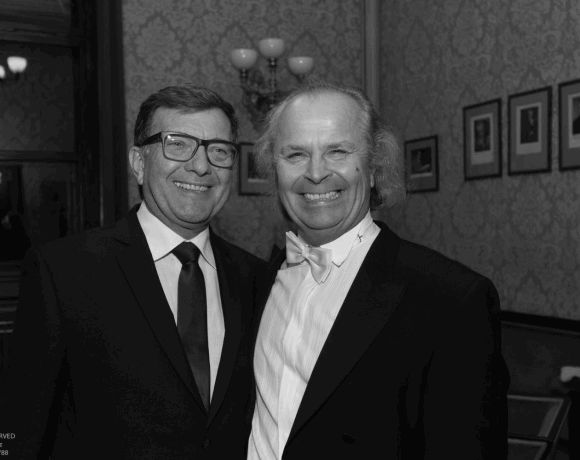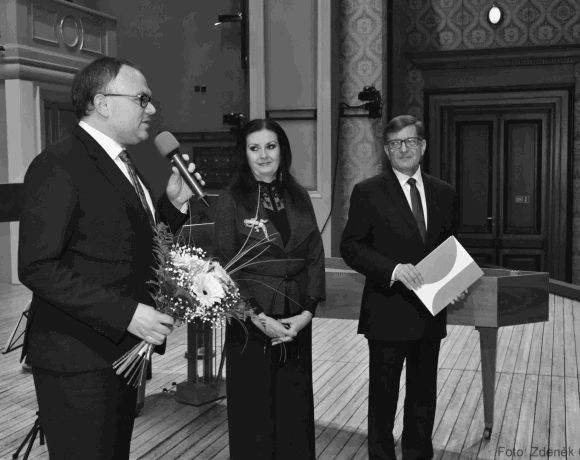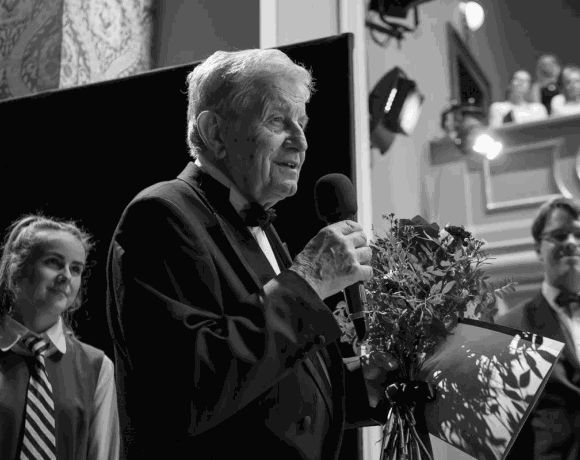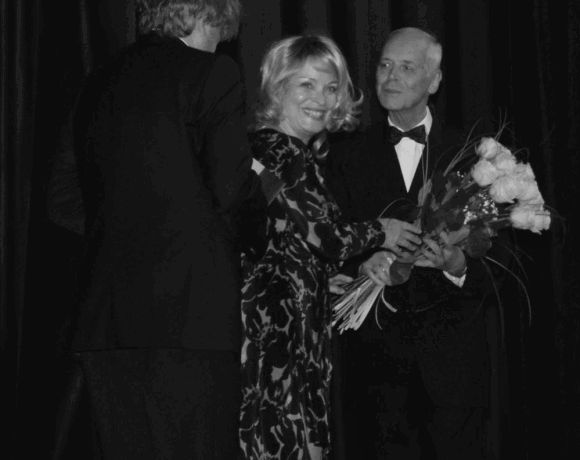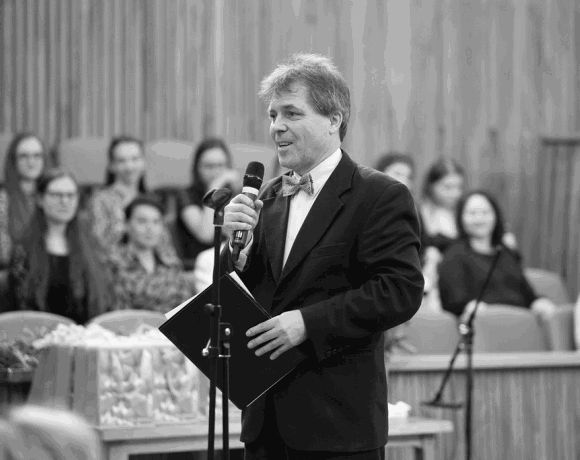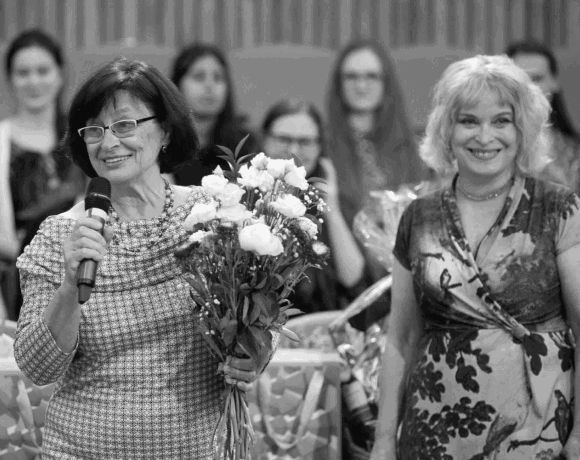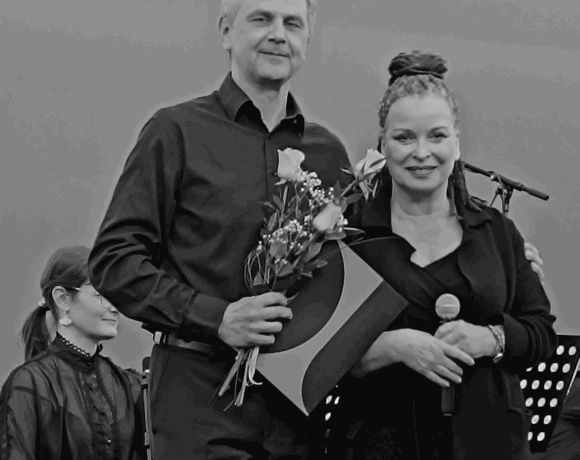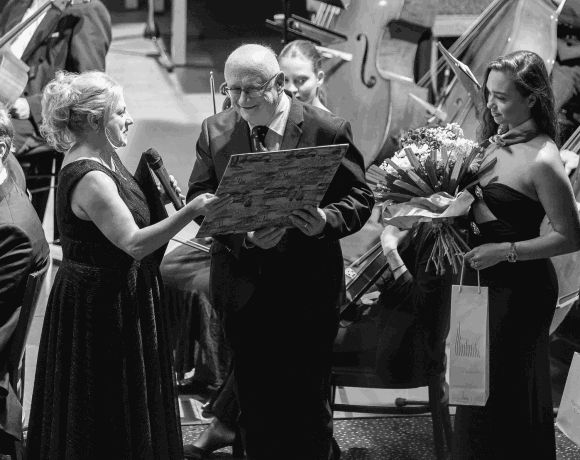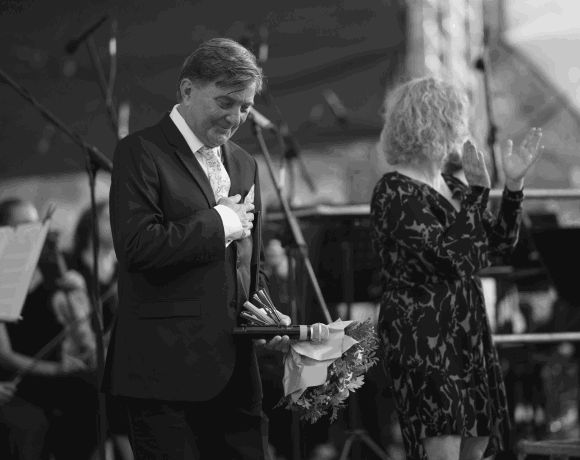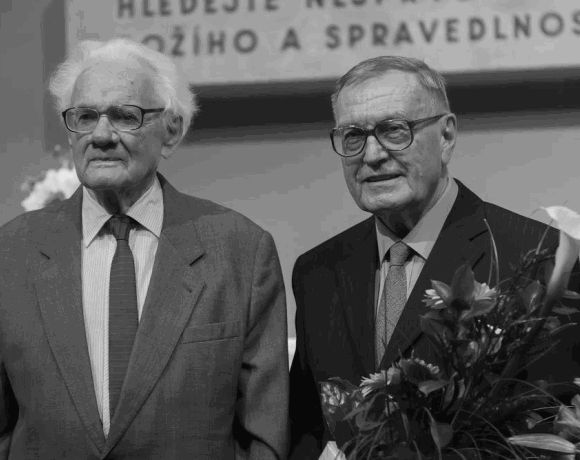

→ Aktuality
Status profesionálního umělce, K návrhu Zákona o kultuře 2020


→ Aktuality

→ Aktuality

→ Aktuality
Zpráva o implementaci Konvence o Ochraně a propagaci diverzity kultury, 5.2.2021
v PDF

→ Aktuality
Uplatnitelnost umělců na trhu práce v oblasti klasické hudby v ČR
Lenka Dohnalová, Lucie Pešl Šilerová

→ Aktuality
Status umělce
Příspěvky k diskuzi
Jana Návratová, Pavla P Eva Žáková a kol.




→ Aktuality
Konference Umění a duševní zdraví
18. - 19.10.2024
program,
video záznamy

→ Aktuality
Nový web České současné skladatelky.

→ Aktuality
Spolehlivé nástroje AI
prezentace K. Švidrnochové

→ Aktuality
Výzva online konference
21.11.2025 - Light and sound as a drug, ve spolupráci s ČHR
FB event

→ Aktuality
Jak na licence?
viz prezentace od Gabriely Kadlecové

→ Aktuality
ČHR a IDU podpořili mapování sbírek zvukových nahrávek v ČR
viz web IDU

→ Aktuality
Flexinovela Zákoníku práce 2025
viz web MPSV ČR

→ Aktuality
Ministr kultury jmenoval generální ředitelku Národního institutu pro kulturu
viz web MK ČR
Complex Impact of Music on Pedagogical Processes
10. 11. 2022, online formát ZOOM
Pod záštitou Ministerstva školství, mládeže a tělovýchovy ČR
Organizováno Českou hudební radou – Institutem umění
- Tisková zpráva z konference
- video pozvánka - Lenka Dohnalová (česky)
- video pozvánka - Wolfgang Mastnak (anglicky) + přepis česky v PDF
- program v PDF
1st BLOCK
| 9:45-10:15 | JOACHIM P. STURMBERG: Music Therapy and Complexity Sciences for Health [on Youtube] |
| 10:15-10:45 | BARBARA TILLMANN (CNRS France): Neurosciences and Music: From Basic Research to Implications for Education, Society and Health. [on Youtube] |
2nd BLOCK
Moderator: LENKA DOHNALOVÁ (Czech Music Council, Society for EA Music)
| 11:00-11:30 | MARKÉTA GERLICHOVÁ (1st Medical Faculty, Charles University Prague, CR): Music Education Promotes Brain Neuroplasticity: Biological Basis of All Learning Processes and Case studies of Neurorehabilitation. [in PPTX] |
| 11:30-12:00 | WOLFGANG MASTNAK: Neuro-Music-Education and the Default Mode Network [in PPTX] |
| 12:00-12:30 | JINGYI YANG (Beijing Normal University, China): Music Meditation, Mental Health and Stress-Management. [on Youtube] |
3rd BLOCK
Moderator: WOLFGANG MASTNAK
| 14:00-14:30 | JIŘINA JIŘIČKOVÁ / VÁCLAV JIŘIČKA (Pedagogical Faculty Charles University/ Phoresic Psychology, Prison Service of the CR): Music and Joy in Education [in PDF] |
| 14:30-15:00 | ANDREA SANGIORGIO (University of Music and Performing Arts, Munich, Germany): Promoting Personal Growth and Well-Being: The Potential of Elemental Music Education [in PDF] |
| 15:30-16:00 | JIŘÍ KANTOR (Pedagogical Faculty, UPOL, CR): Music-based Education - How to Get Evidence Into Use? [in PPTX] |
4th BLOCK
| 16:00-17:00 | Closing discussion in Czech New Aims: Music Education and Public Health Moderator: JIŘINA JIŘIČKOVÁ / LENKA DOHNALOVÁ. With participation of JAN JITERSKÝ Ministry of Education and representative of Ministry of Culture |
ORGANIZER:
PhDr. LENKA DOHNALOVÁ, Ph.D. - project manager, researcher, Czech Music Council - Arts and Theatre Institute Prague, Society for EA Music https://www.chr-cmc.org/cs/presidium https://w.idu.cz/cs/o-nas/veda-a-vy
In cooperation with Prof. Dr. WOLFGANG MASTNAK and PhDr. JIŘINA JIŘIČKOVÁ, Ph.D.
Attached to the European Music Therapy Day 15. 11. 2022. In cooperation with platform UMěním.

J. P. STURMBERG: Music Therapy and Complexity Sciences for Health
Abstract:
This presentation introduces systems thinking and complexity sciences and its relationship to health and music therapy. Systems thinking and complexity sciences are concerned with understanding things in their context. Health occurs at the interphase between the external environment, and one’s given biological blueprint.
Disease itself impacts one’s external environment (family, work, community engagement etc), closing the feedback loop. Music therapy, through its impact on brain system dynamics, modulates the physiological stress responses resulting in improved physical function as well as improved health experience (healing both, body and soul). Music itself is complex (interdependency of harmony, melody, rhythm, tempo, tone etc), thus music therapy constitutes a complex (i.e. interdependent) intervention into the complex adaptive system of health.
CV:
Joachim P Sturmberg MBBS, DRACOG, MFM, FRACGP, PhD
Prof of General Practice at the Departments of General Practice The Newcastle University, Newcastle – Australia.
For over 30 years Joachim is practicing family medicine at Wamberal Surgery, Wamberal – Australia. He is the Foundation President of the International Society for Systems and Complexity Sciences for Health (ISSCSH), and he remains actively involved in the Royal Australian College of General Practitioners as well as co-leading the special interest groups in complexity in WONCA, ESPCH and NAPCRG. He has been instrumental in initiating the International Conferences for Systems and Complexity Sciences for Health.
His research interests relate to the application of systems and complexity principles to health care delivery, health policy and health systems organisation. He has been invited to speak on these topics in Europe and North America, he has published extensively on these topics in peer-reviewed journals and has contributed several book chapters on these topics.
Current research collaboration focuses on the nature of multimorbidity from an interconnected physiological perspective, the application of systems sciences to understand disease behaviour, and the improvement of health systems.
Selected Bibliography:
Sturmberg JP. Health System Redesign. Springer 2017
Sturmberg JP and Martin CM (eds). Handbook of Systems and Complexity in Health. Springer 2013
Sturmberg J, Pau El, Van Damme W, Ridde V, Brown G W and Kalk A. The danger of the single storyline obfuscating the complexities of managing SARS-CoV-2/COVID-19. J Eval Clin Pract. 2021; doi/10.1111/jep.13640
Sturmberg JP, Picard M, Aron DC, et al. Health and Disease—Emergent States Resulting from Adaptive Social and Biological Network Interactions. Frontiers in Medicine 2019;6:59
Sturmberg JP. Evidence‐based medicine — Not a panacea for the problems of a complex adaptive world. J Eval Clin Pract 2019;25(5):706-16.
Bennett JM, Reeves G, Billman G and Sturmberg JP. Inflammation, the body’s only efficient way to respond to injuries: Implications for clinical care of chronic diseases. Frontiers in Medicine. 2018
Sturmberg JP, Bennett JM, Martin CM and Picard M. ‘Multimorbidity’ as the manifestation of network disturbances. J Eval Clin Pract. 2017;23(1):199-208.
Sturmberg JP, O'Halloran DM and Martin CM. People at the centre of complex adaptive health systems reform. Med J Aust. 2010;193(8):474-8.
Martin C and Sturmberg J. Complex adaptive chronic care. J Eval Clin Pract. 2009;15(3):571-7.
Sturmberg JP and Martin CM. Knowing - in Medicine. J Eval Clin Pract. 2008;14(5):767-70.

BARBARA TILLMANN: Neurosciences and Music: From Basic Research to Education, Society and Health
Abstract:
Over the past twenty years, the domain of research dedicated to the neurosciences of music perception and production has considerably expanded. This presentation will first propose an overview of some basic research investigating the cognitive and neural correlates of music processing. These findings have then provided the basis for the investigation of the potential benefit of music listening and music training for the healthy and the pathological brain, from the young to the elderly.
CV:
After a PhD in cognitive psychology and postdoctoral research in cognitive neuroscience, Barbara Tillmann started a CNRS research position and directed the research group “Auditory Cognition and Psychoacoustics” at the Lyon Neuroscience Research Center. She now recently joined the CNRS Laboratory for Research on Learning and Development in Dijon, France. Her research in the domain of auditory cognition uses behavioral, neurophysiological, and computational methods. She is investigating how the brain acquires knowledge about complex sound structures, such as music and language, and how this knowledge shapes perception and memory, notably via expectations. Her research also investigates perspectives for stimulating cognitive and sensory processes with music, including for pathological populations.

MARKÉTA GERLICHOVÁ: Music Education Promotes Brain Neuroplasticity, the Biological Basis of All Learning Processes, and Case Studies of Neurorehabilitation.
Abstract:
Music education has an important positive effect on all-round human development in cognitive, motor, communication and social areas. Our findings further confirm that music education also has a significant supportive effect in neurorehabilitation processes, not only in patients after acquired brain injury. These experiences are supported by the evaluation of the initial and outcome examinations of patients in our inpatient at KRL . LF UK and VFN. This area appears to be partially neglected in educational research; however, extensive publication in the medical field may inspire an emphasis on music education. The paper also presents some practical experiences of this process.
CV:
Dr. Markéta Gerlichová, PhD is a music therapist, physiotherapist, special educator, supervisor and assistant professor at the Department of Rehabilitation Medicine at the 1st Faculty of Medicine, Charles University in Prague. She also teaches at the Palacký University in Olomouc (music therapy students of the master's programme at the Ped.F. UPOL) She is the elected vice-president of CZMTA (Czech Music Therapy Association), she was repeatedly elected as a delegate of the Czech Republic in EMTC (European Music Therapy Confederation). She is the author of two monographs: Music Therapy in Practice, published in 2014, second edition in 2020, and Music Heals, published in 2017. In recent years, she has actively visited music therapy practices in several countries in Europe and Canada. She has had over 25 years of clinical experience in music therapy.

WOLFGANG MASTNAK: Neuro-Music-Education and the Default Mode Network
Abstract:
Background and purpose. Neuro-Music-Education is a rather new, though highly promising domain. While some former approaches (e.g. Gruhn) look too simplistic and others (e.g. Kowal-Summek) seem to miss genuine connections between neurosciences and music education, the author suggests a multidimensional theoretical framework emphasising: (i) internationally music education is widely based on phenomenological views and subjective theories. Consequently, cognitive sciences are called to substantiate, qualify and improve related theories. Moreover, neurosciences may provide pertinent knowledge about the biological basis of all learning processes and musical experiences; (ii) from a neuropsychological perspective, music perception has to be understood as complex construction process involving subcortical and cortical mechanisms and regulatory circuits; (iii) interdisciplinary research has to clearly identify core issues of neuro-music-education such as the music-stress-interface or music as a booster of neuroplasticity; (iv) neurosciences shall help to deeper understand, optimise and individually adjust music educational methods, (v) neurosciences help to discover additional benefits of music education such as enhancement of mental health, acquisition of self-regulation techniques, holistic resilience and prevention of neurobiological, mental and personal decline.
Methods. Neuro-Music-Education is an interdisciplinary realm, hence the complexity of its methodology: (i) direct research about music educational methods through neuro-imaging, e.g. fMRI or fNRIS, (ii) comparable to medical domains distinct translational research, which makes basic neuroscientific findings applicable to music educational practice, (iii) meta-synthetic research that is designed to develop novel neuroscientifically based music educational theories and methods, and (iv) meta-theoretical studies to explore epistemological propositions and encourage comparative research on cross-cultural thought about body and mind alongside their relevance for music education such as in Daoism or quantum mind theories, for instance.
Findings. In today’s neurosciences, the Default Mode Network (DMN) has become a major topic of interest. Anatomically, core areas include the posterior cingulate cortex (PCC) and parts of the precuneus, the medial prefrontal cortex (MPFC), the inferior parietal lobule (IPL) as well as other areas such as the hippocampus. The DMN is a key system of information processing, which is not directly accessible to our consciousness, though.
DMN-related music educational approaches include models such as music meditation or creative interactions, but not activities such as theoretical analyses or composers’ biographies.
Discussion and prospects. From a neuroscientific perspective, music education has to be significantly expanded in educational areas, which may even result in educational reforms. Genuine music activities and experiences, which differ starkly from cognitive reflections about music and musical contexts, may considerably support learning abilities, personal growth and psychosomatic equilibrium. Related music educational models have to be constructed on the basis of relevant neuroscientific knowledge. This needs interdisciplinary research, open-minded politicians and the willingness of teachers in primary, secondary and tertiary education to rethink music education on the basis of music ontology, anthropology and neurosciences.
CV:
Wolfgang Mastnak holds six doctoral degrees in medical sciences, sports sciences (sports medicine), mathematics, arts therapies, music education and psychology, as well as professional diploma as psychotherapist and moto-therapist. Being full member of the European Academy of Sciences and Arts and the New York Academy of Scienceshe was internationally honored with awards such as 2000 Outstanding Intellectuals of the 21st Century (International Biographical Centre Cambridge) or Great Minds of the 21st Century (American Biographical Institute). He is professor of Beijing Normal University 北京师范大学, the Shanghai Conservatory of Music 上海音乐学院and the University of Music and Performing Arts in Munich, and he is president of the Austrian Heart Association. His main research areas include cross-cultural psychosomatics and psychiatry, arts therapies, health education, public health and preventive medicine, sports therapy, long-term cardiac rehabilitation, perinatal health, neuropsychology, quantum consciousness, philosophy of science and research methodology.

JINGYI YANG: Music Meditation, Mental Health and Stress-Management
Abstract:
Meditation is not only an important topic in cultural anthropology, but has also gained ground in preventive medicine and health education. Regarding the high prevalence of pathologically relevant stress and associated disorders in students, the present research suggests music-based meditation techniques for curative purposes and the promotion of mental health.
Mental and psychosomatic stress are widely associated with negative emotions, poor academic performance and a weak health status. Although the use of meditation in educational areas is not new, we identified a significant lack of scientific research on relevant models, effects and decisive factors. This deficiency goes hand in hand with common views of meditation as a spiritual activity, such as in some Asian countries where religious education is faced with restrictions.
Due to these conditions as well as interdisciplinary reasons, the present research brought about a novel model of music meditation ‒ both to enrich music educational techniques and to facilitate the acceptance of music therapeutic meditation in the realm of education. Moreover, the study revealed a genuine link between music and meditation, hence this compound’s stress-reducing effect in students. Finally, the study discusses further clinical and public health adaptions of this method alongside the crucial question of sustainability of health education.
Keywords: Chinese music therapy, Music health education, Music meditation, Psychosomatic self-regulation, Stress management
CV
PhD candidate in music therapy, School of Art and Communication, Beijing Normal University; Visiting PhD-student at the Ludwig Maximilian University of Munich LMU and the University of Music and Theatre Munich.
Research area: music therapy, music education.
More detailed in PDF


JIŘINA JIŘIČKOVÁ/VÁCLAV JIŘIČKA: Music and Joy in Education
Abstract:
In contemporary institutional education, an important function of music education is to create a dynamic balance between the left hemisphere of the brain, which is more analytical, and the right hemisphere, with its centers responsible for the ability to perceive and experience complexity. From a narrower conception of the subject, elementary music education, the music education available to children of compulsory school age, has developed in the European context into a subject in which vocal, instrumental, listening and movement activities are intertwined, permeated by creative aspects. Collaboration and communication play an important role in finding a way to understand music as a specific means of communication. Music activates the nervous system, allowing both children and teachers to gain specific musical experiences. Music education in the context of the needs of contemporary society and the educational system helps children to develop their key competencies. The acquisition and consolidation of the competencies takes place in a safe and aesthetically effective context where singing, playing, making music, moving and creating are a joy for children. Experiencing joy in the classroom contributes to a motivated approach to learning about the world around them, acceptance of others and themselves, quality of mental health, and the ability to be a whole person. Joyful music education means a joyful school.
CVs
Jiřina Jiřičková, Ph.D. is a Vice-Dean for Student Affairs at the Faculty of Education of Charles University, and Assistant Professor at the Department of Music Education, Charles University. Her areas of professional interest are didactics of music education and Orff Schulwerk. She is the President of the Society for Music Education of the Czech Republic and Vice President of the Czech Orff Society, member of the Presidium of the Czech Music Council. She lectures comprehensive music education workshops for both music teachers and for children.
Václav Jiřička, Ph.D. studied clinical and forensic psychology at Friedrich-Alexander Universität Erlangen-Nürnberg in Germany. He works as a senior psychologist at the Prison Service of the Czech Republic, where he is mainly responsible for psychological and therapeutic services and resocialization programs. He is a forensic expert and executive president of the Association of Forensic Psychologists of Bohemia, Moravia and Silesia.

ANDREA SANGIORGIO: Promoting Personal Growth and Well-Being: The Potential of Elemental Music Education
Abstract:
Music can have a strong power in enhancing the quality of life of people – children, adolescents, adults, elderly persons, special needs groups, mentally or physically ill people, other particular target groups, etc. And yet, the question is open: how exactly can this be achieved? What could be the traits of a music educational approach that is best conducive to the enhancement not just of music learning, but also of mental health?
Elemental Music Education can optimally combine the development of basic music skills with wider educational goals, including personality development and well-being. This presentation illustrates the contexts, practices, teaching/learning strategies and educational objectives of Elemental Music Education, in order to examine the potential of this approach for fostering the holistic growth of the person through music and movement.
CV
Professor of elementary music education at the University of Music and Performing Arts, Munich, Germany. PhD at Exeter University, UK on children's creative interactions in group work. Areas of interest: elementary music and movement education (Orff-Schulwerk approach), joint creativity in music learning, cognitive aspects of music learning.

JIŘÍ KANTOR: Music Based Education – How to Get Evidence Into Use?
Abstract:
The true value of music goes far beyond a purely aesthetic purpose, as it can be used functionally in many important areas of human life. It is used as a tool for therapy, for education in non-musical areas, for personal growth and social change, etc. In all these areas, medical, psychological, educational, social and other theories can help us to understand how music helps to achieve desirable effects. However, this evidence is strongly underestimated in educational practice. Many teachers and other stakeholders in education are usually not only unfamiliar with the evidence regarding the various applications of music, but above all lack a concrete idea of how music could be used to support their daily educational practice. The problem then lies not only in how to help teachers understand the conclusions of current research and theories, but there is a need to develop simple and at the same time effective models of music-based education that can be learnt easily. Teachers should already gain experience with these models as part of their undergraduate training.
In this presentation, examples of musical protocols aimed at developing cognition and teaching basic mathematical concepts will be presented. We are developing these protocols at the Faculty of Education, Palacký University in Olomouc, especially in cooperation with students of the Master's degree program in Music Therapy. At the same time, graduates of this study program belong to important experts who could help to promote the change in the Czech educational system and, through collaborative work in pedagogical teams, help to better utilize the potential of music in education.
CV
Associated prof. at Institute of Special Educational Studies, Faculty of Education, Palacky University Olomouc. Director of Center of Evidence-based Education and Arts Therapies: A JBI Affiliated Group, and main responsible for M.A. program in Music Therapy. Scientific interest in special education, physical and multiple disabilities, music therapy (arts therapies), music education of people with disabilities, evidence based practice (EBP) and application of EBP into the area of education and arts therapies (according to the methodology of JBI and GRADE). Main area of clinical practice - people with severe multiple disabilities.








 European Agenda for Music"/>
European Agenda for Music"/> EUROPEAN MUSIC OBSERVATORY"/>
EUROPEAN MUSIC OBSERVATORY"/>